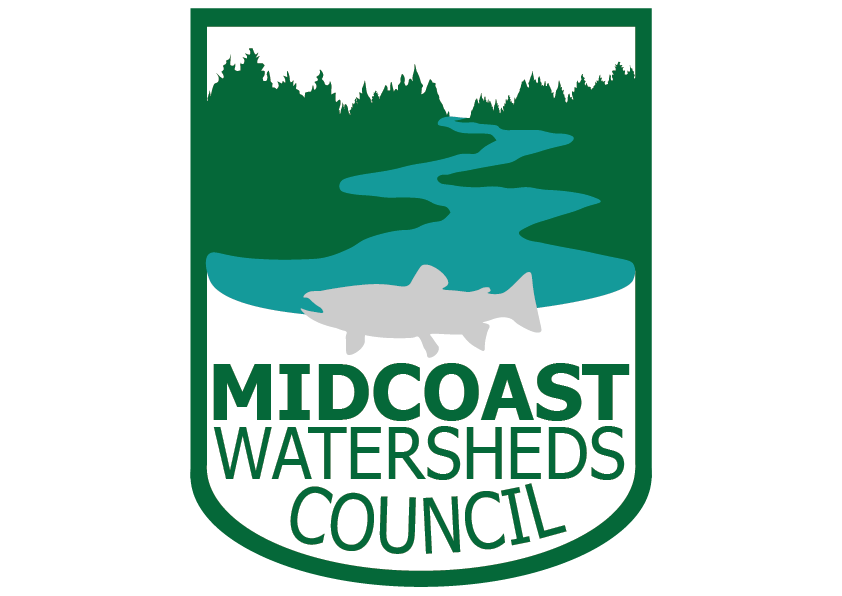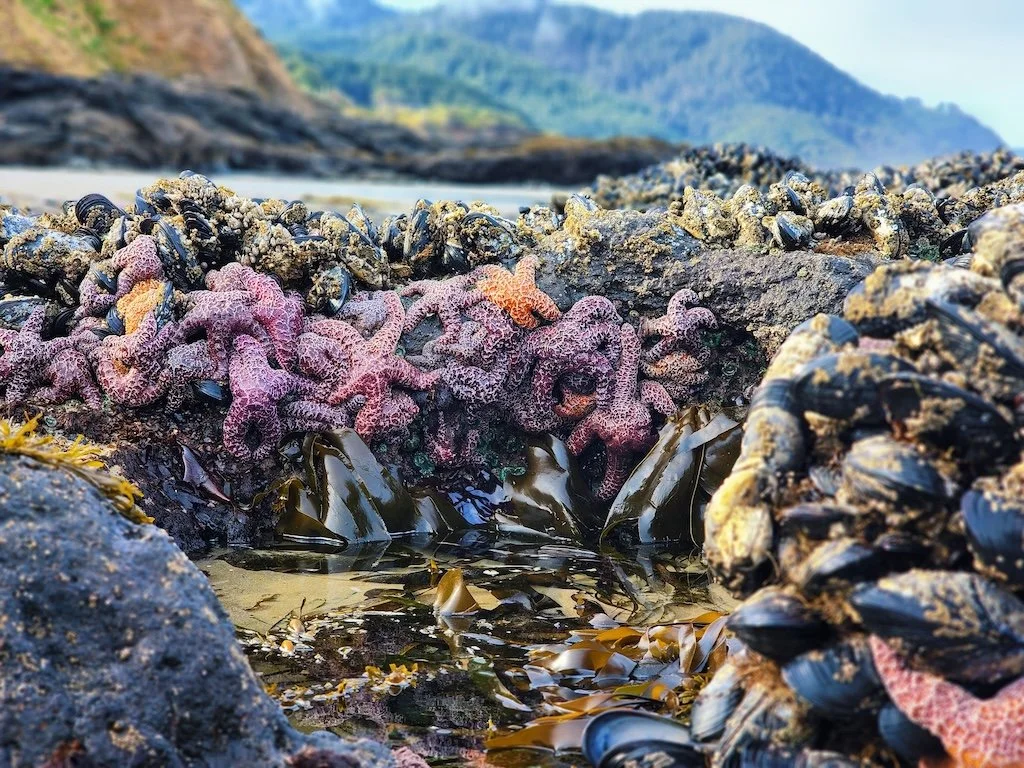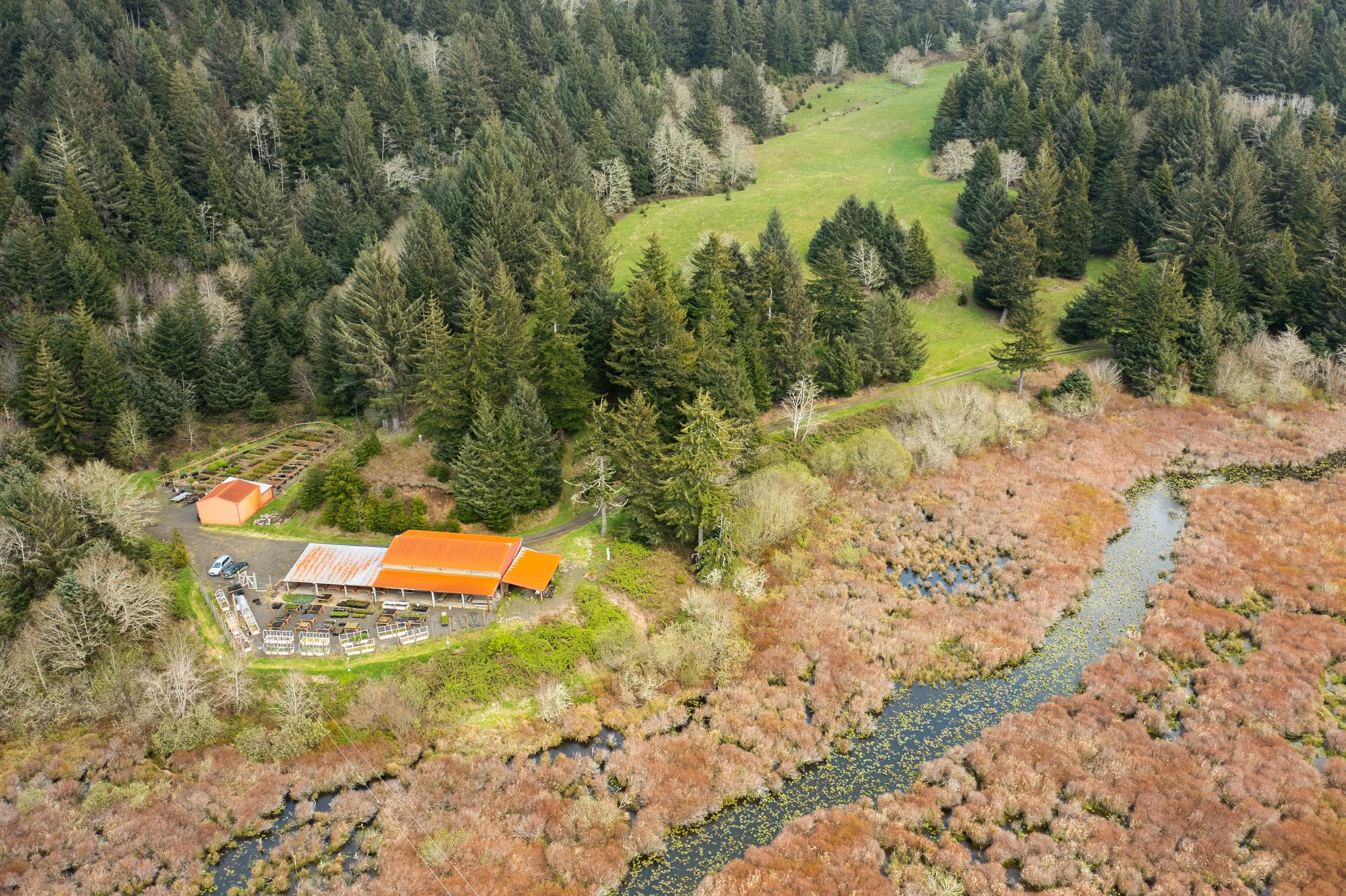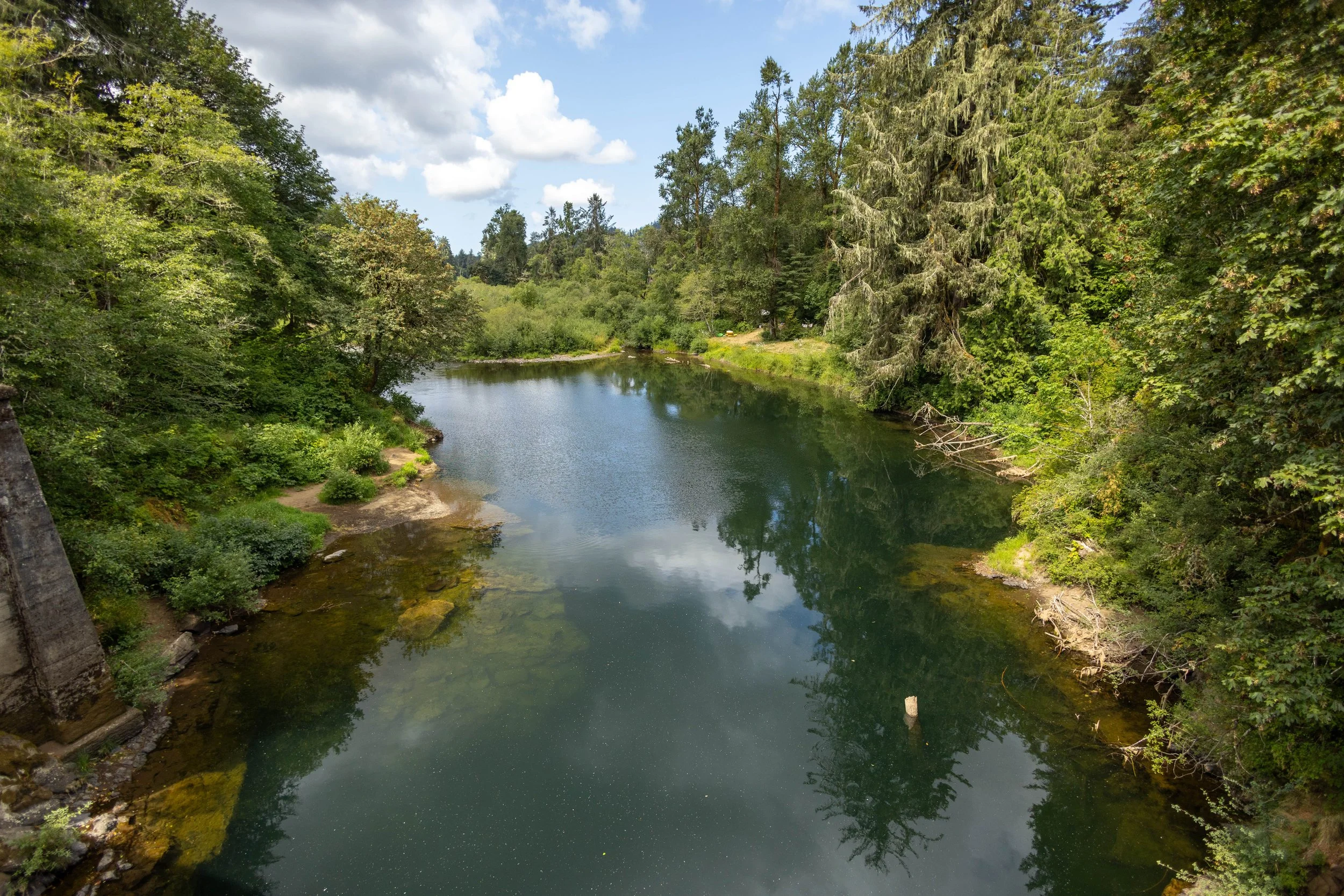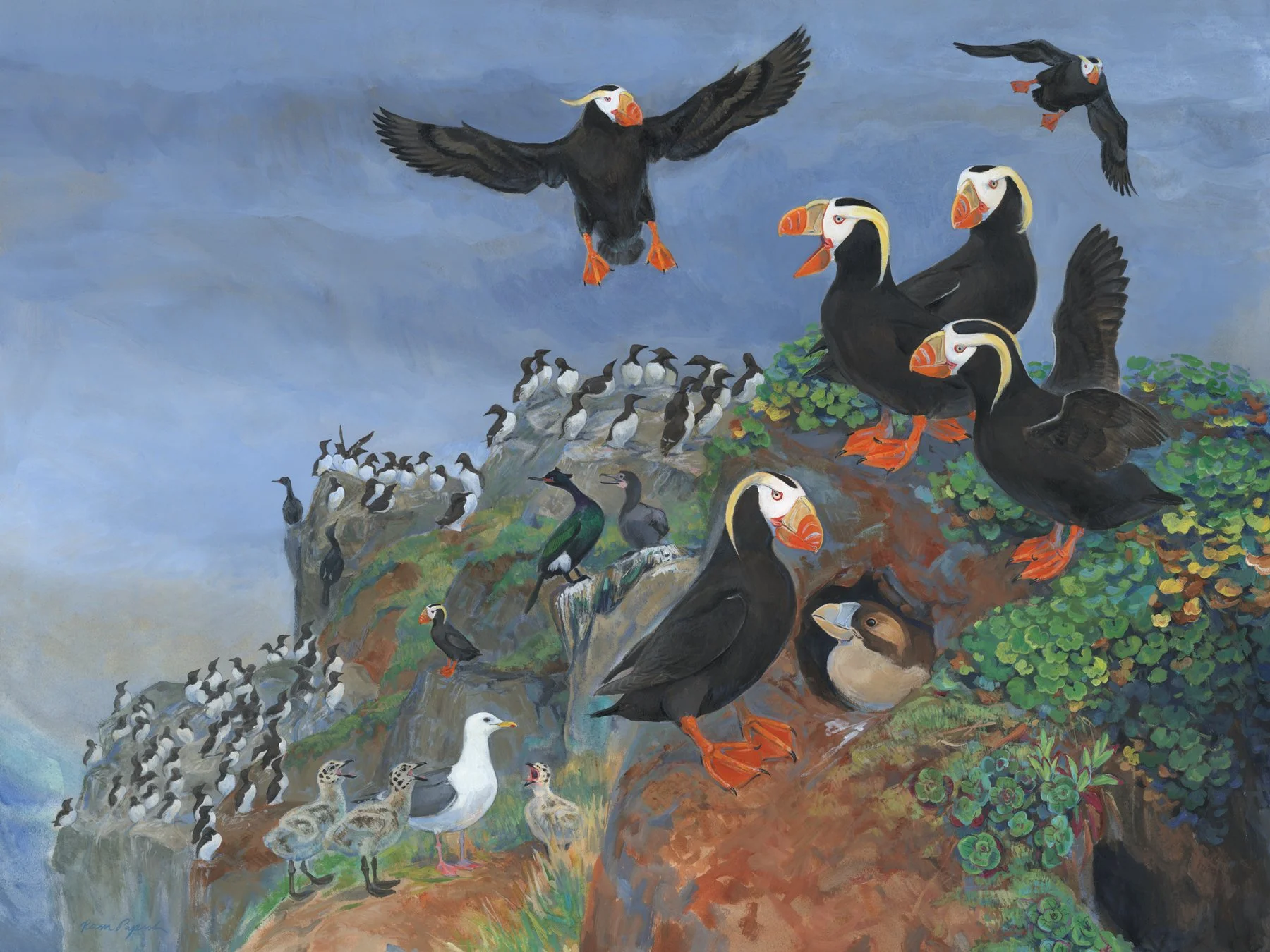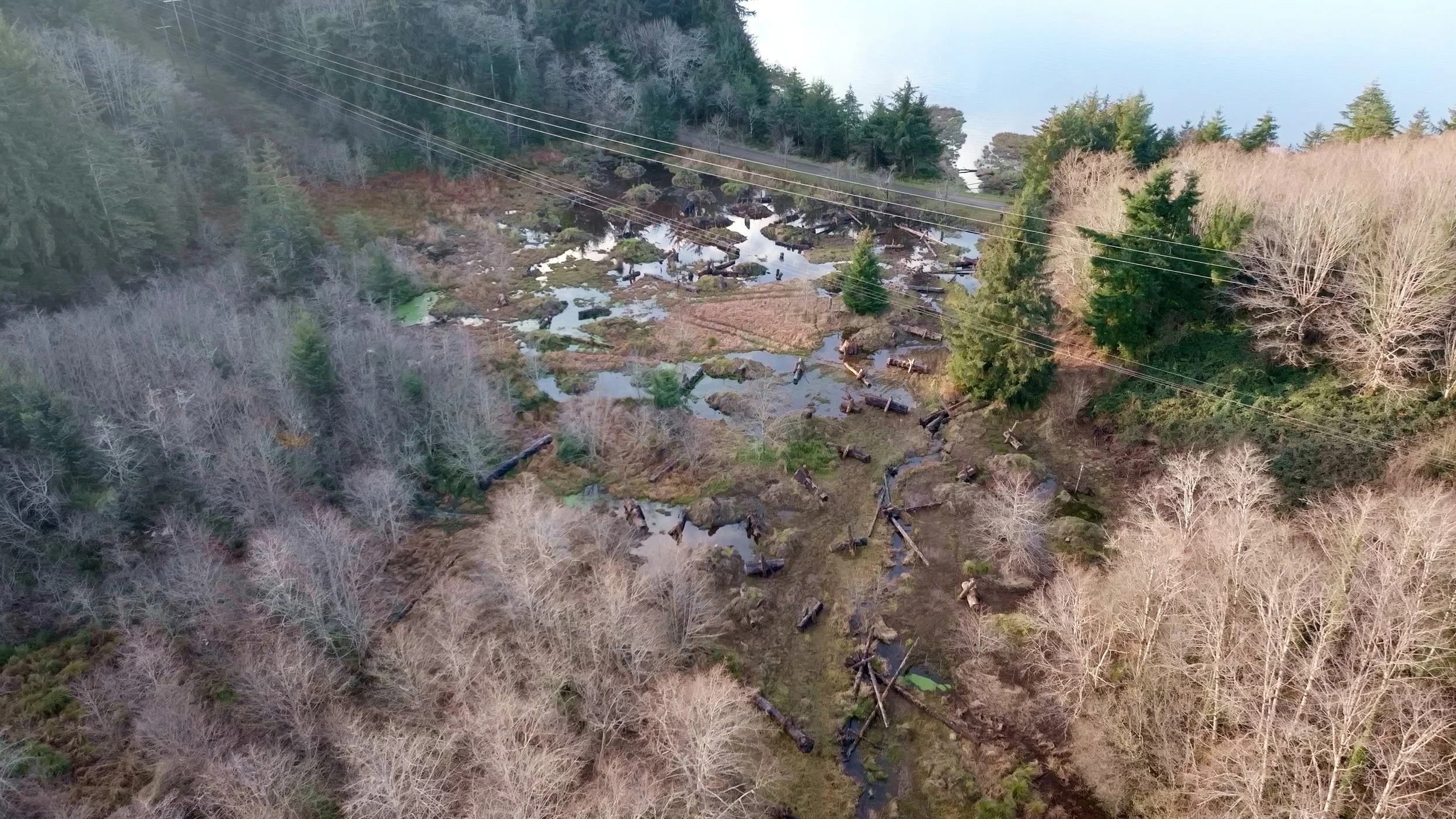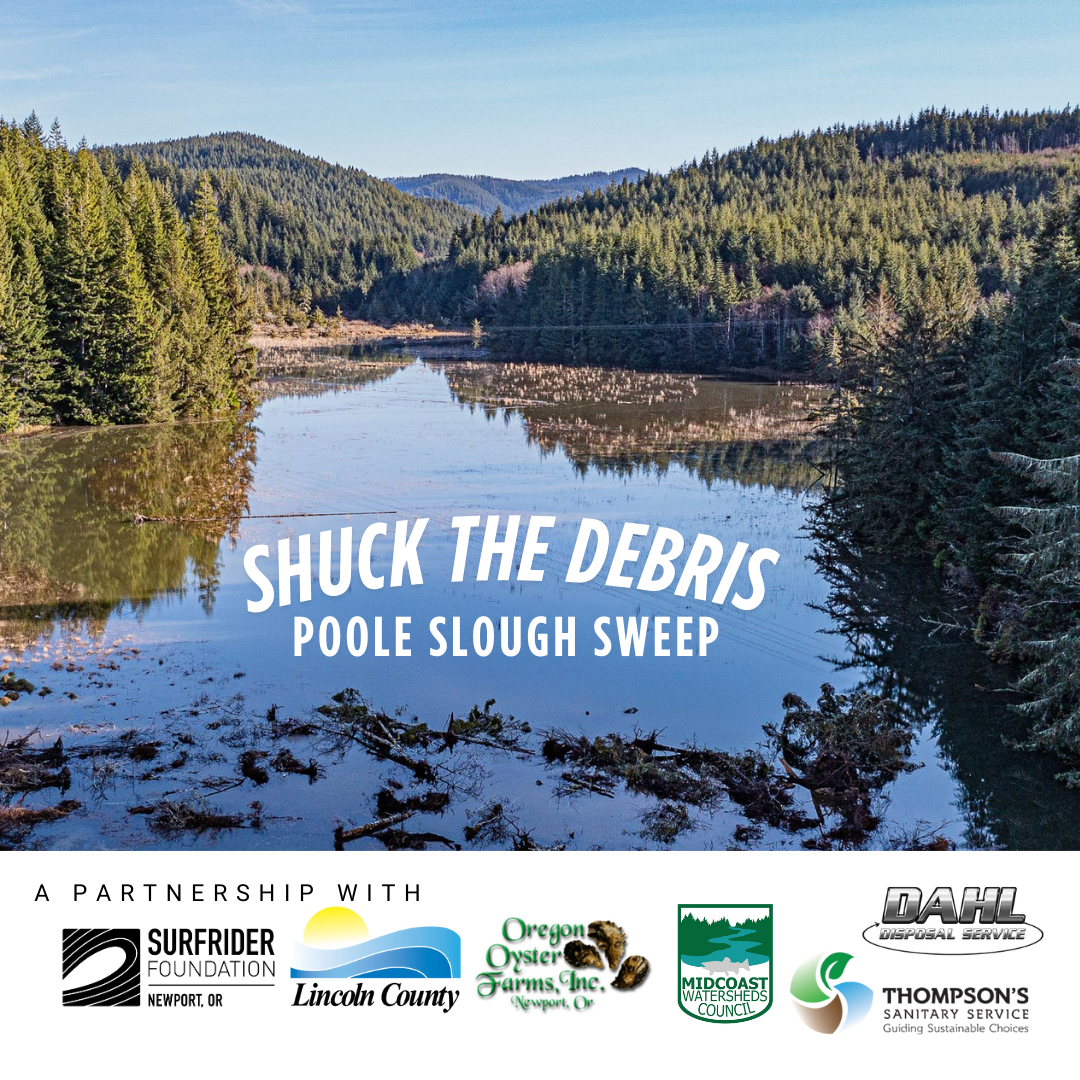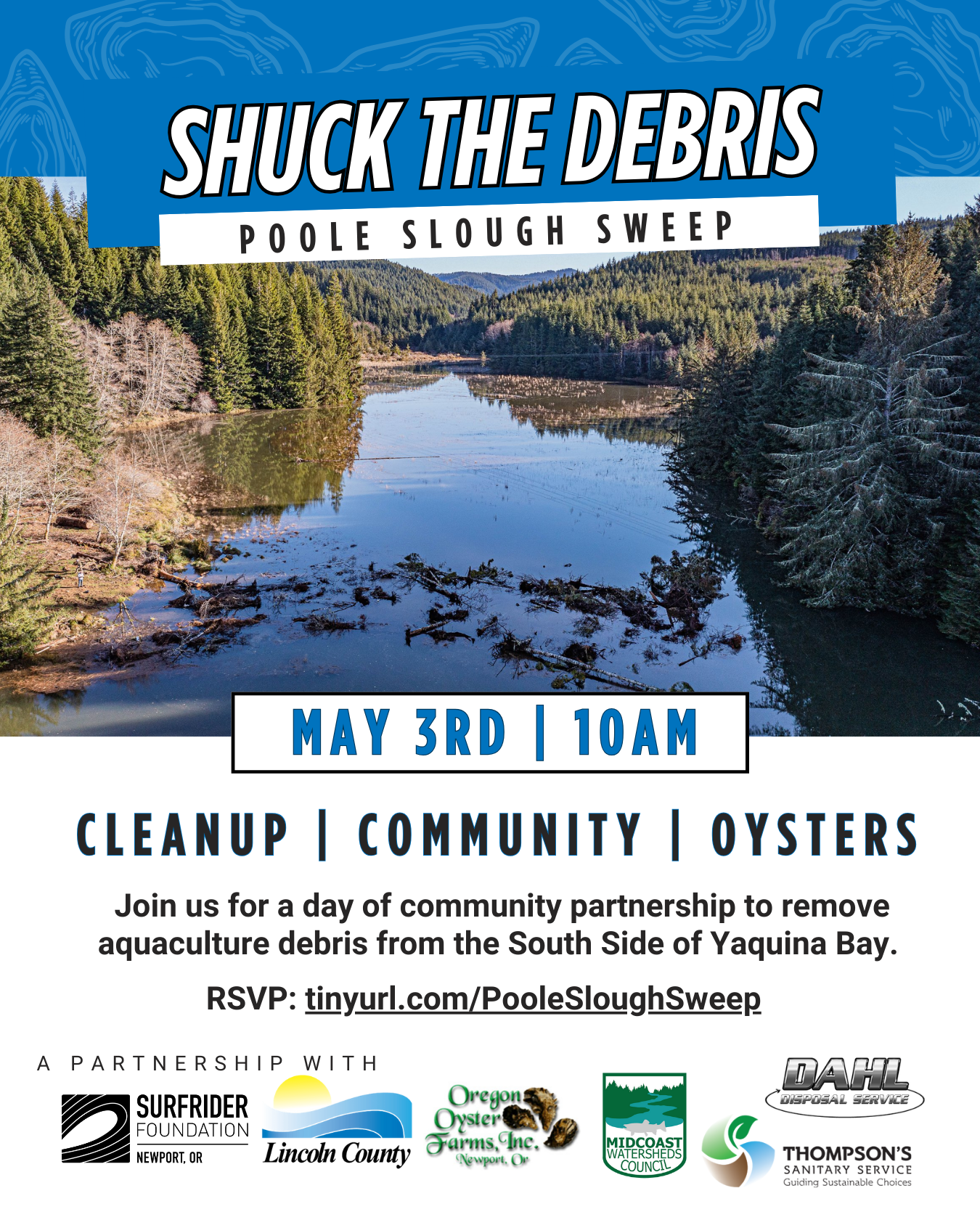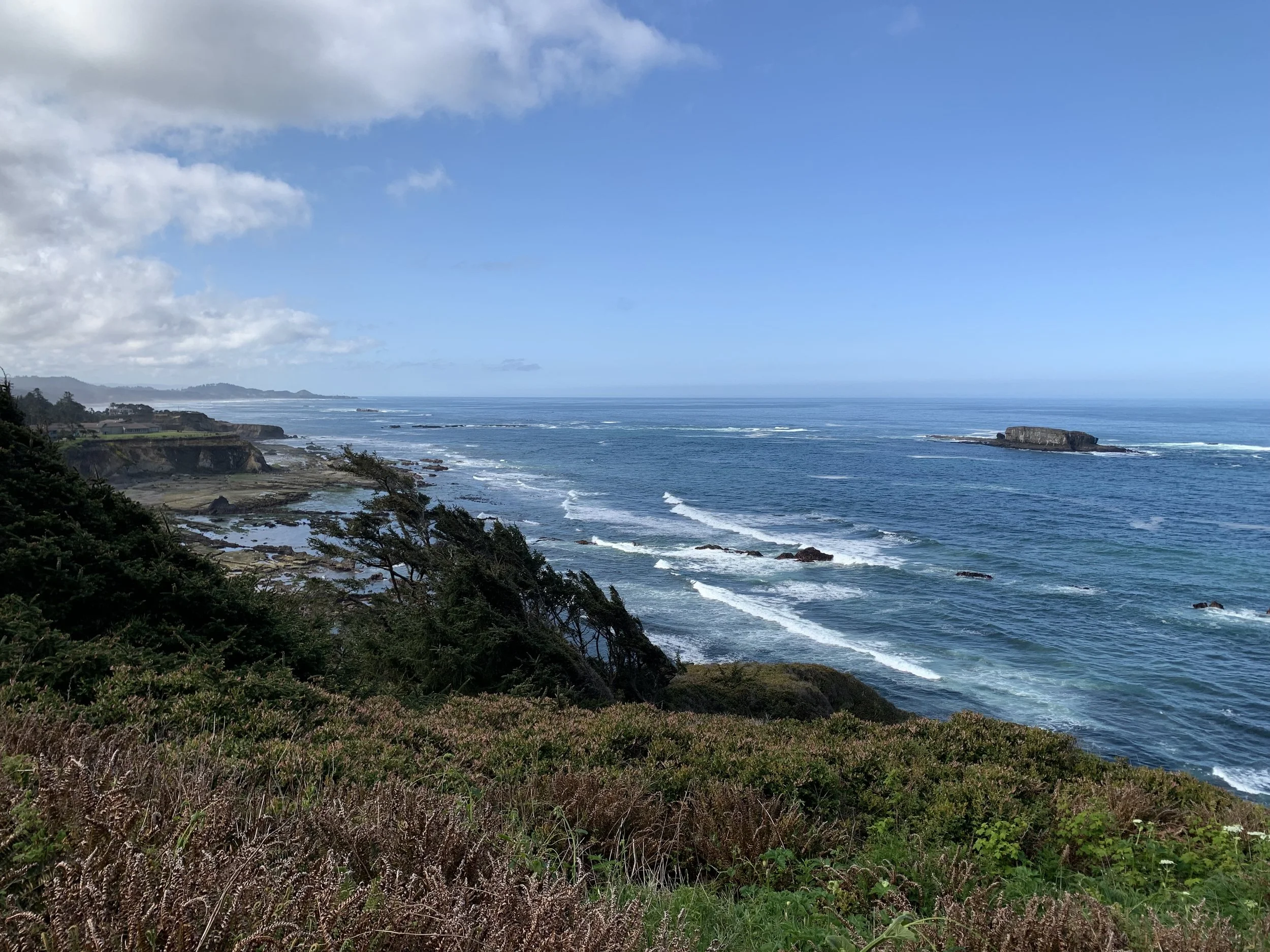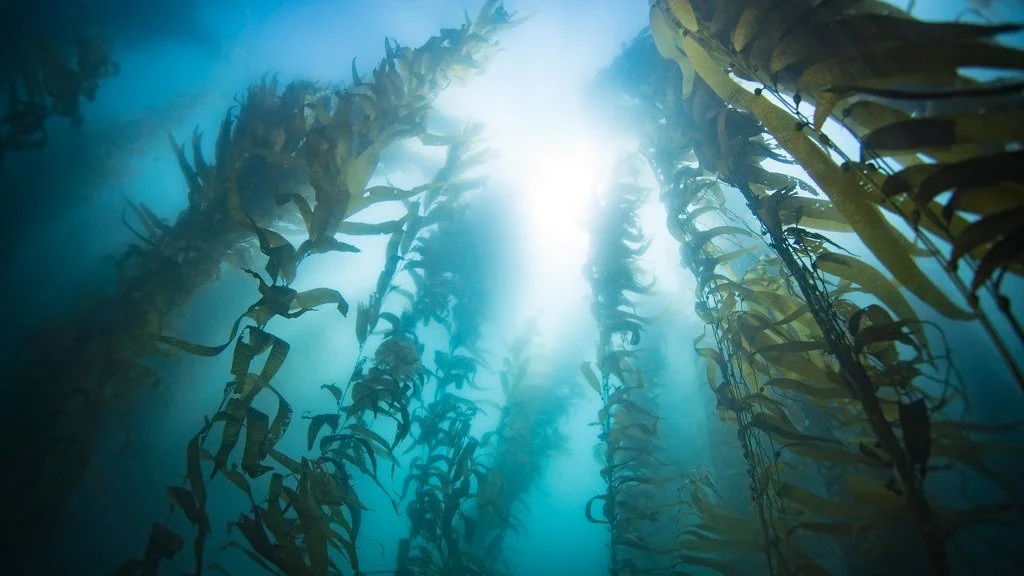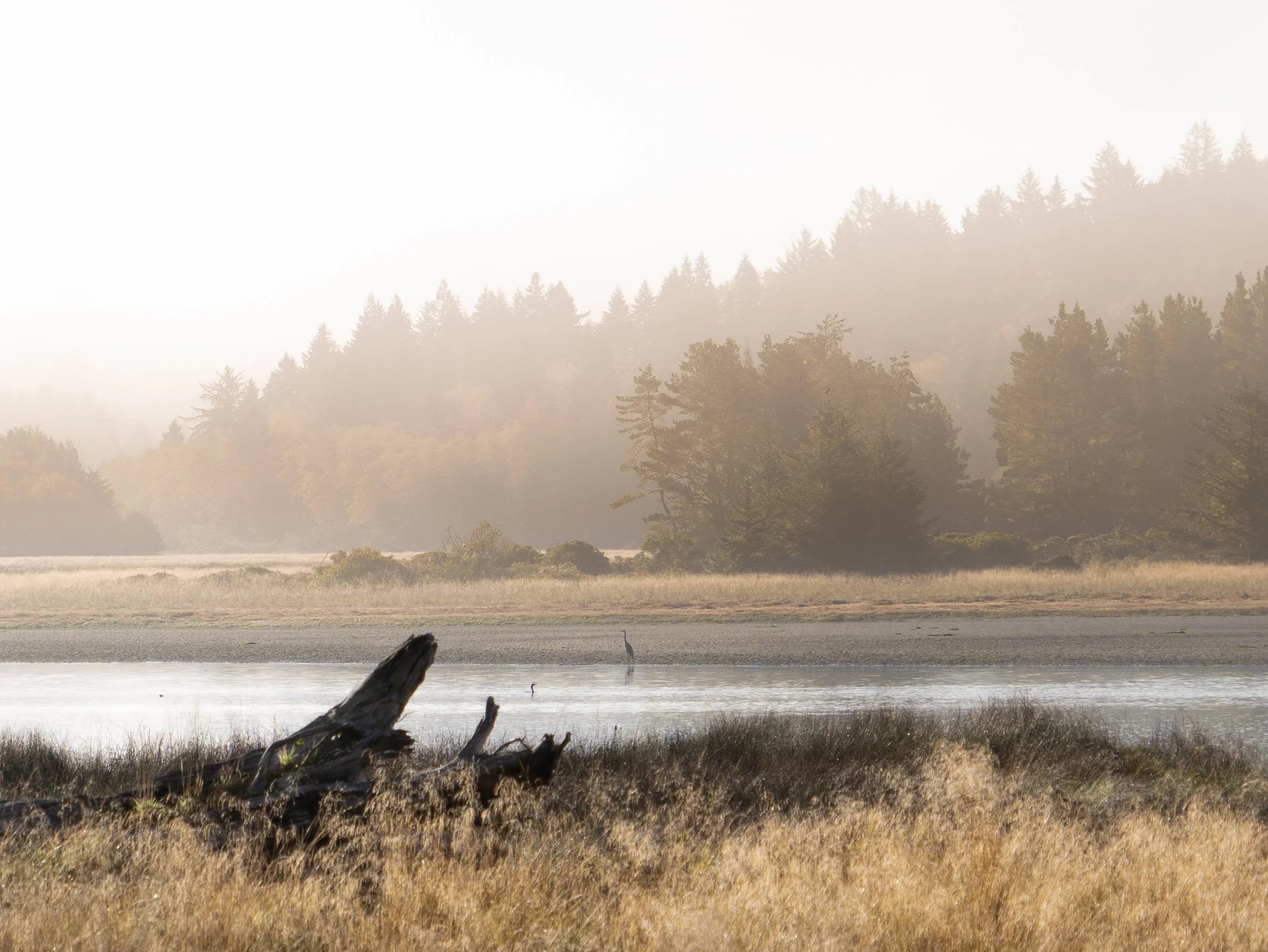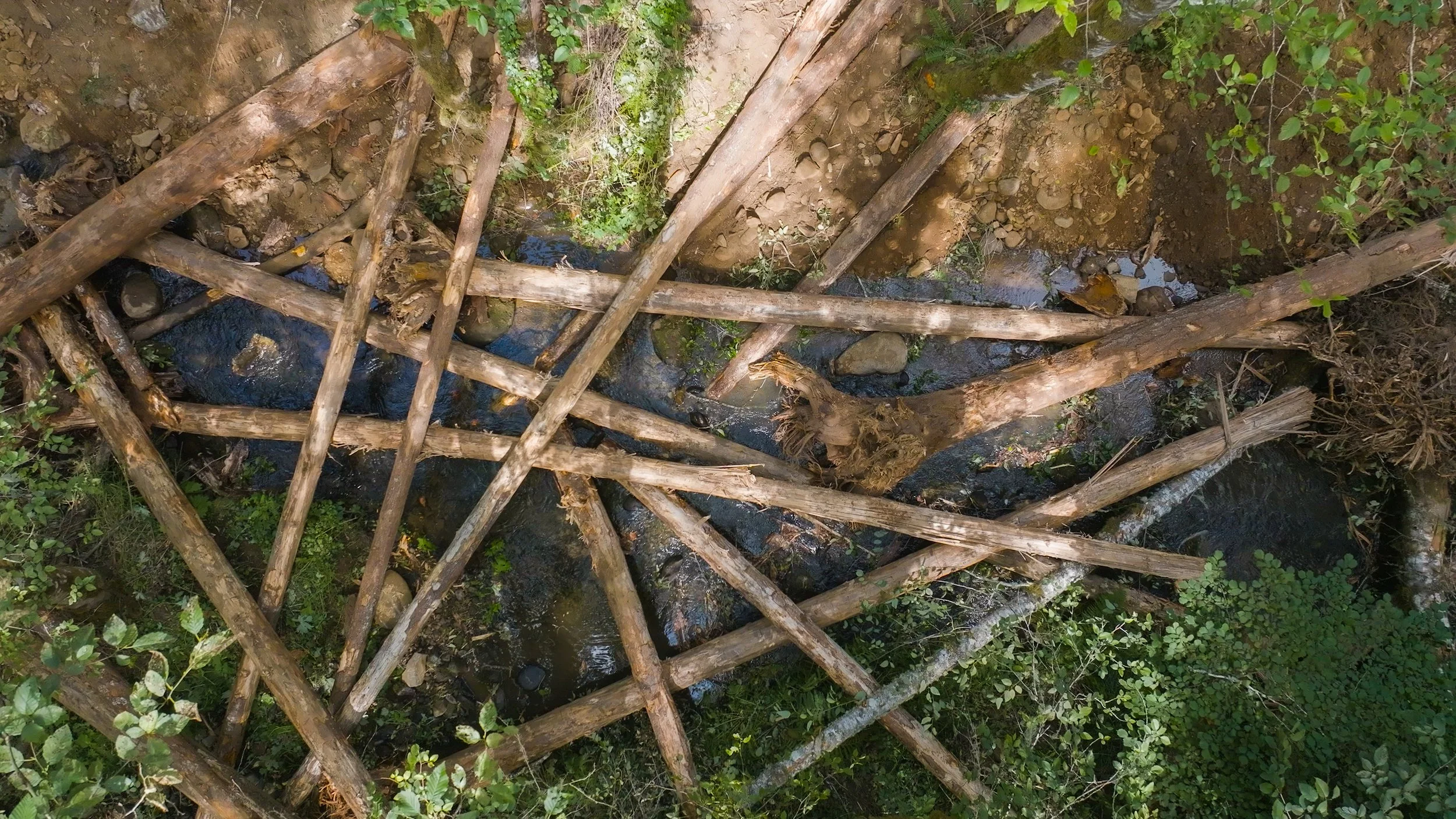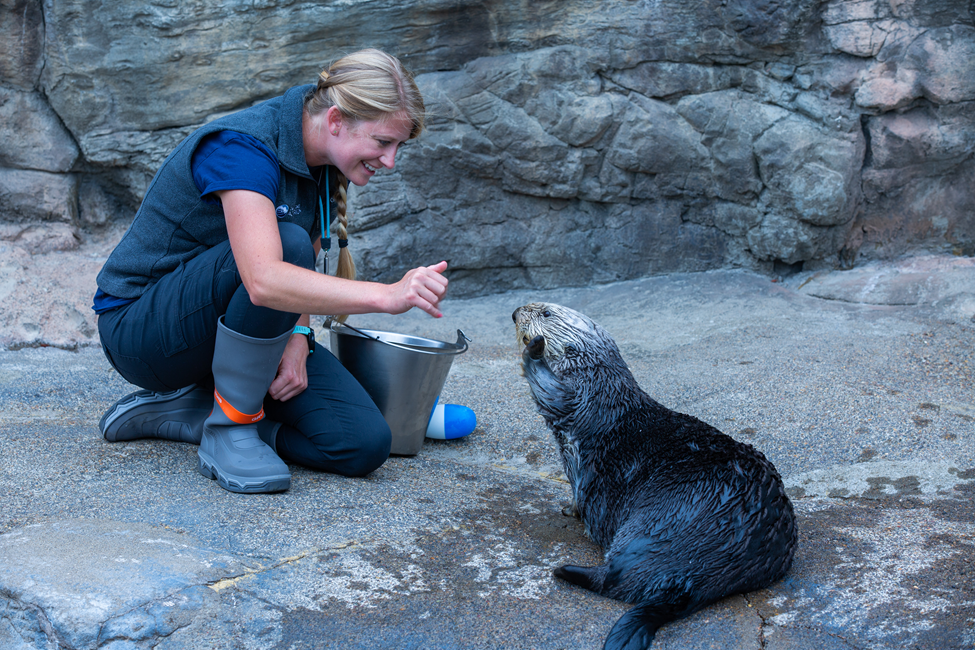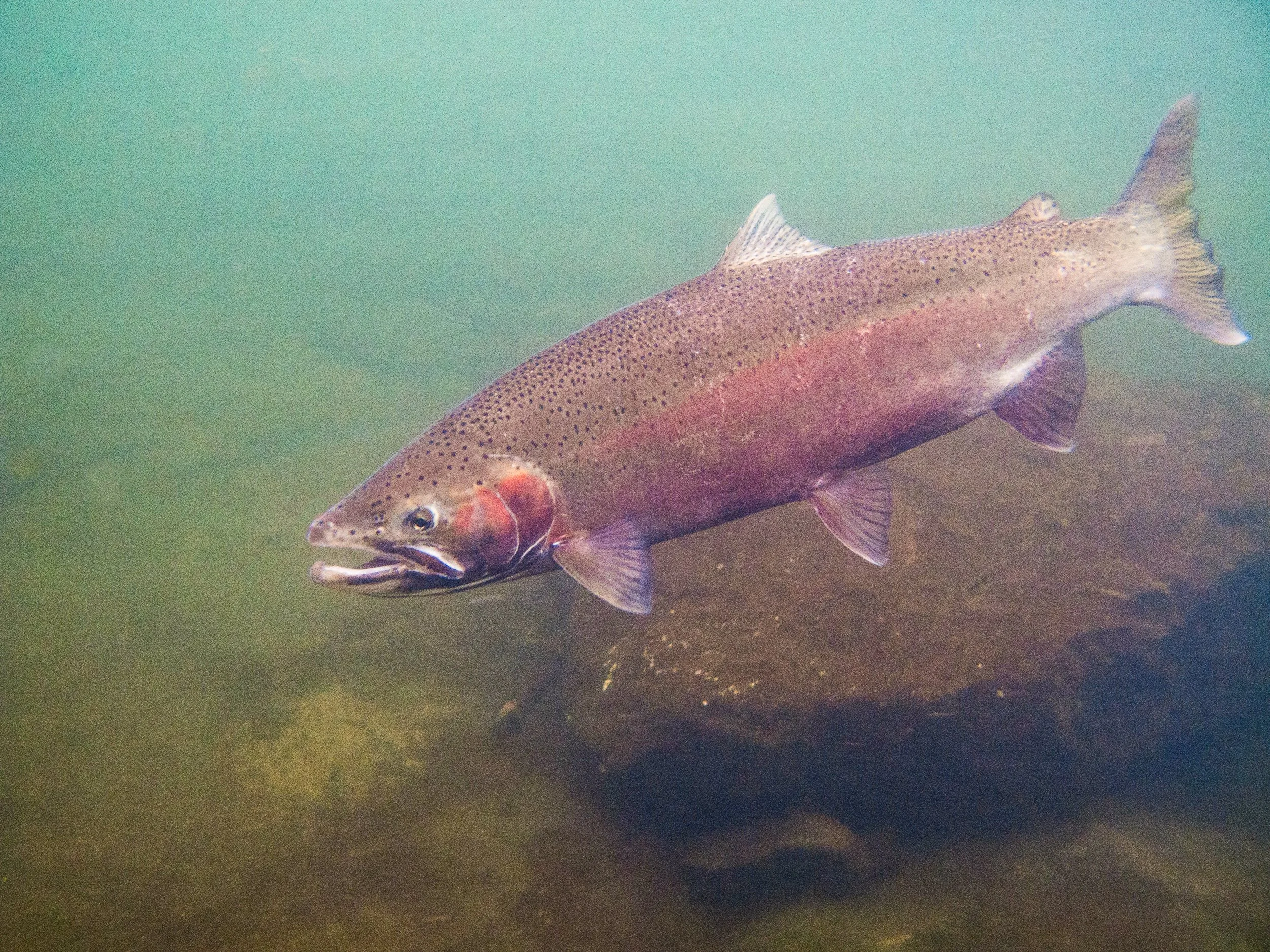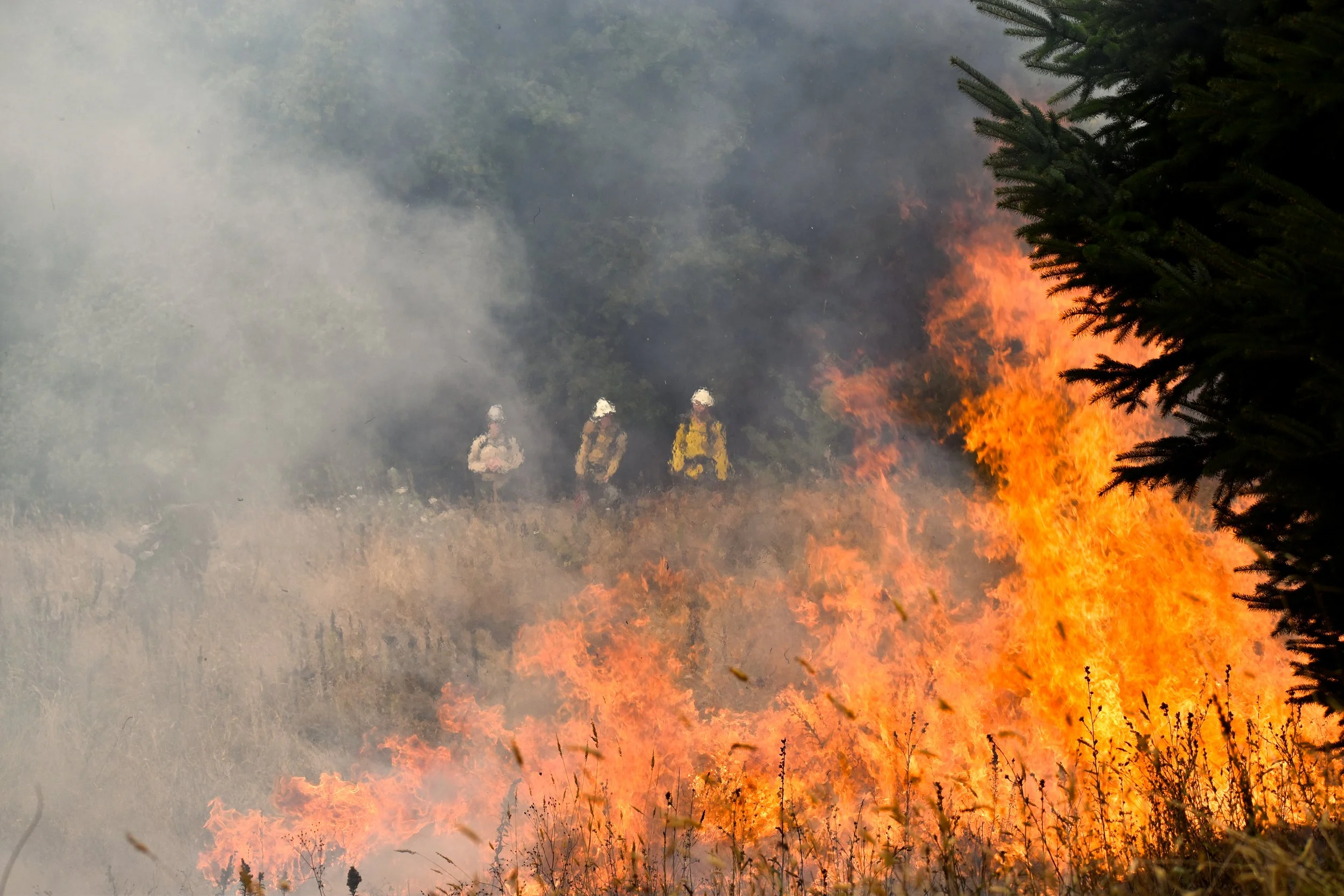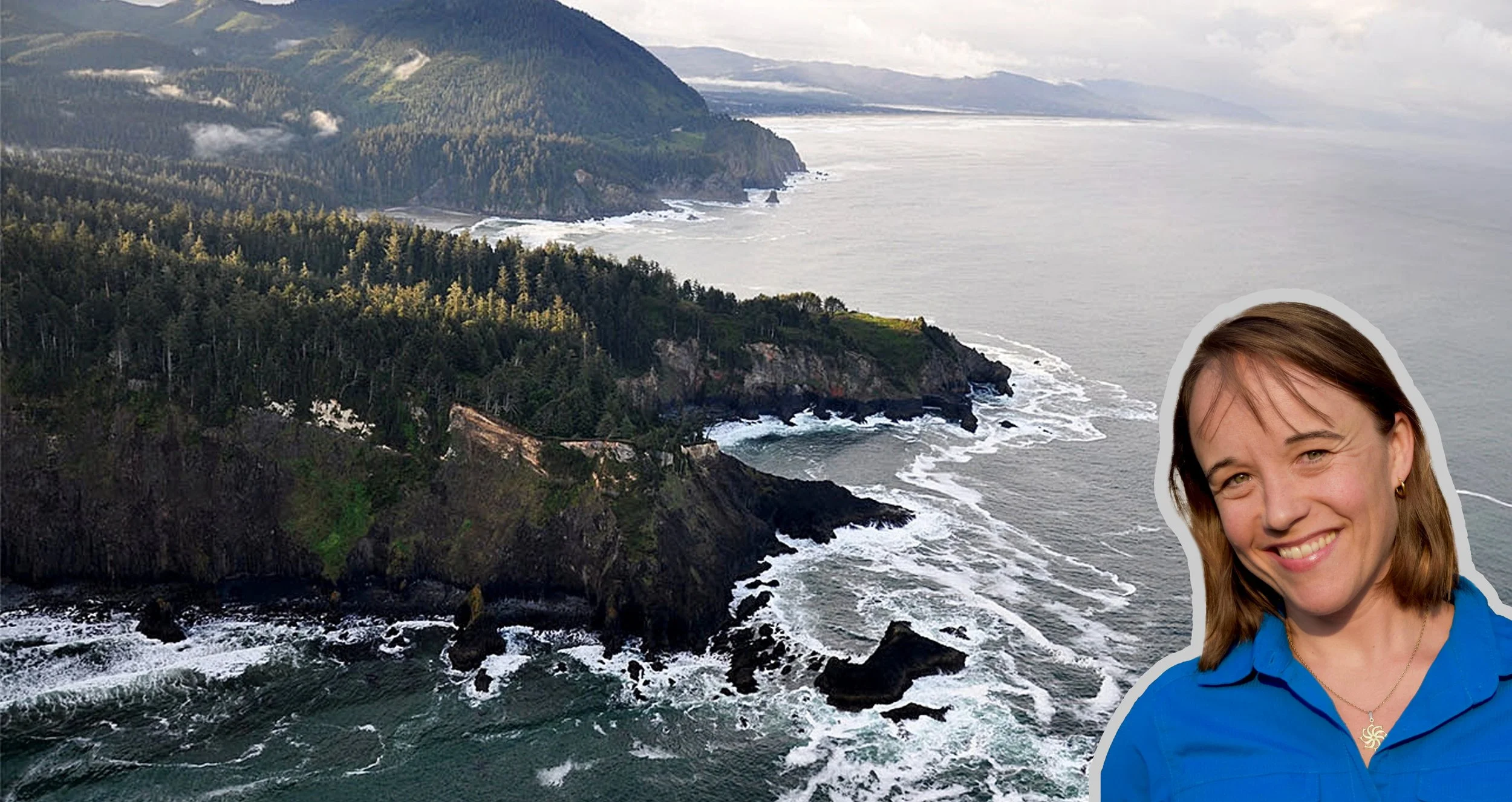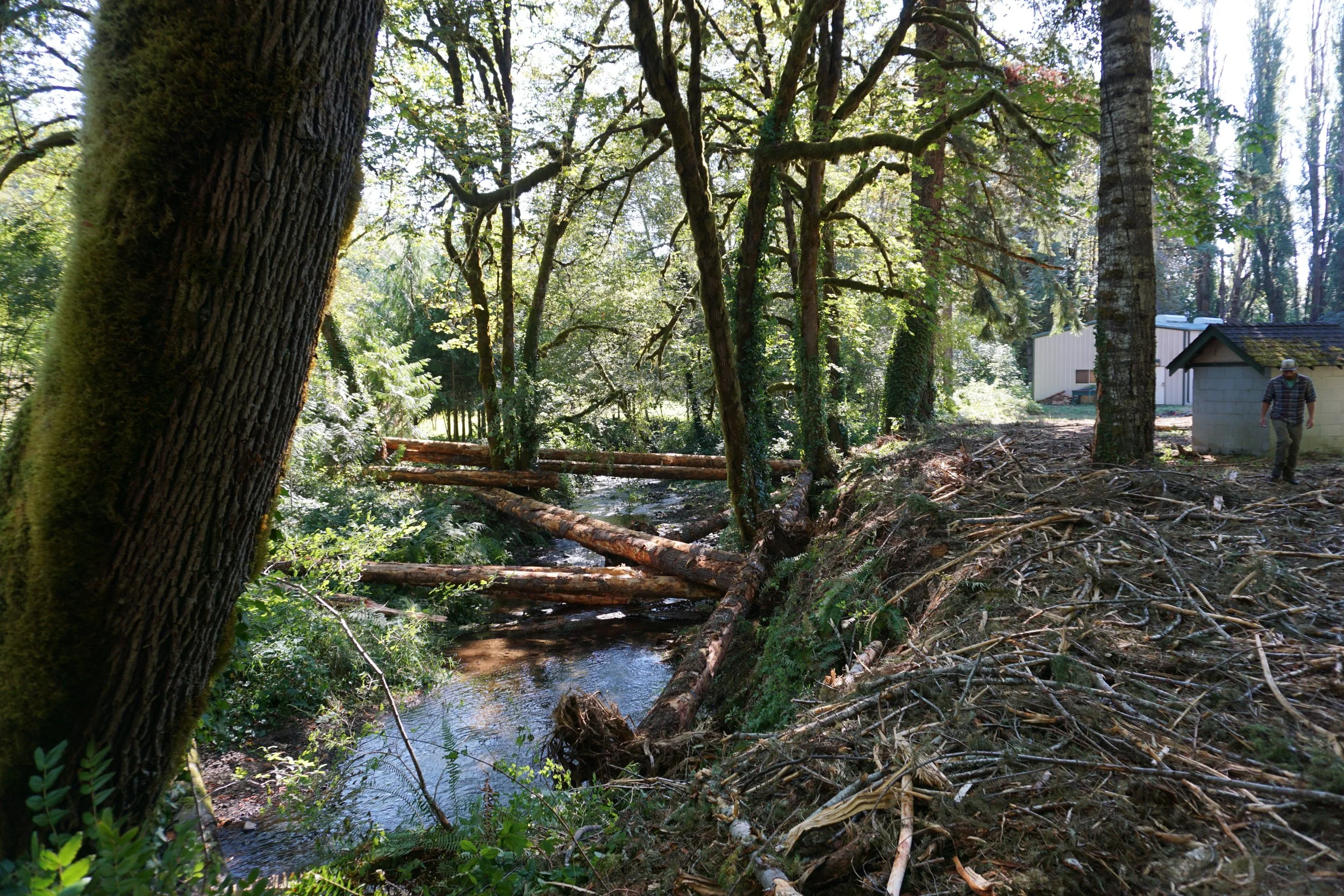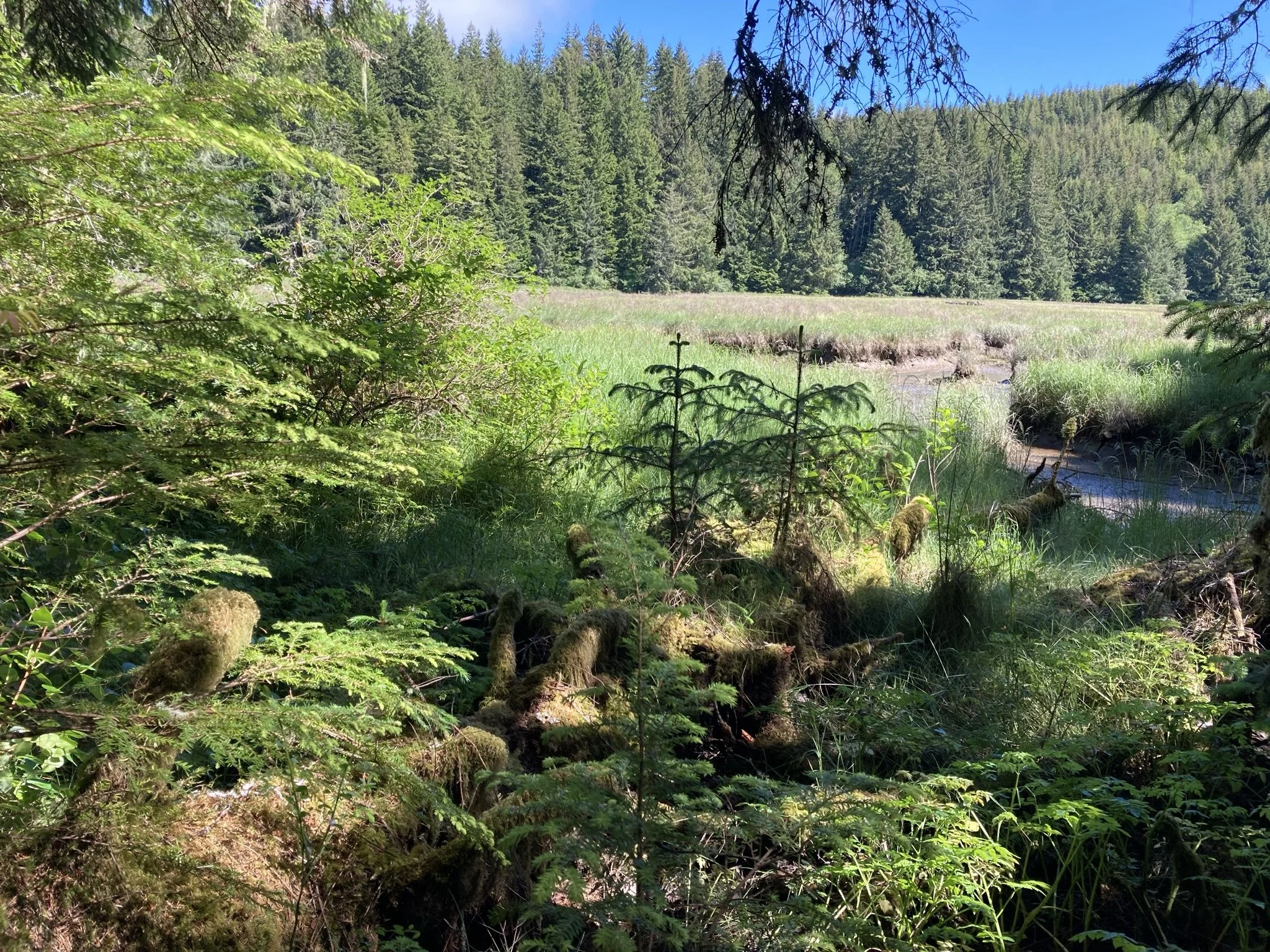The MidCoast Watersheds Council invites you to join us to learn about the vital role of prescribed fire in habitat restoration and management on the Oregon Coast. For millennia, Indigenous tribes across the Americas utilized prescribed fire as a primary tool for large-scale habitat management. These intentional burns shaped ecosystems, promoting biodiversity and maintaining balance. Early European colonists ended these practices for their own purposes; only recently have we become aware of their unintended consequences. Complete fire suppression has not only contributed to severe wildfire risks due to fuel accumulation but has also led to the degradation and loss of critical habitats. For example, less than 1% of the Pacific Northwest’s coastal meadow ecosystem remains, a dramatic decline noted in the Oregon Conservation Strategy. Restoring and maintaining these ecosystems may depend on reintroducing fire as a management tool.
On the Oregon Coast, prescribed fire is used primarily for ecological restoration and coastal meadow conservation rather than wildfire risk reduction, a role that differs significantly from other ecoregions in the state. Federal agencies, including the U.S. Forest Service and U.S. Fish & Wildlife Service, as well as organizations like The Nature Conservancy, lead these efforts on public and preserved lands such as Cascade Head Preserve. However, with 63% of Lincoln County composed of private lands, there is potential to expand prescribed fire practices into private land management and conservation efforts.
This presentation will feature experts from Oregon State University Extension, the U.S. Fish and Wildlife Service, and the U.S. Forest Service, who bring a wealth of knowledge and experience in fire management and ecological restoration. They will delve into the role of prescribed fire in restoring and maintaining ecosystems on the Oregon Coast, highlighting its use by federal agencies, opportunities for expanding its application on private lands, and the social, legal, and environmental challenges involved. The discussion will include practical strategies to address these challenges, offering valuable insights into how prescribed fire can serve as a key tool for fostering ecological resilience.
Speakers:
Aaron Groth
Regional Fire Specialist, OSU Forestry and Natural Resources Extension Fire Program
Aaron is the regional fire specialist for the North Coast within the OSU Forestry and Natural Resources Extension Fire Program. He works with communities as well as local, state, federal, private, and nonprofit partners at different scales across the Coast to provide education and foster fire resilient communities and landscapes. He has worked for local, state, and federal agencies, international cooperation, nonprofits, and served as an Environmental Peace Corps Volunteer in Peru.
David Thomson
Restoration Specialist, U.S. Fish and Wildlife Service & U.S. Forest Service
David serves as a Restoration Specialist shared between the U.S. Fish and Wildlife Service’s Ecological Services and Refuges branches, and the U.S. Forest Service’s Hebo and Central Coast Ranger Districts on the Siuslaw National Forest. His work focuses on coastal meadow restoration in the Pacific Northwest, with a primary goal of recovering the Oregon Silverspot Butterfly.
Brian Bradbury
Fuels Assistant Fire Management Officer, U.S. Forest Service, Siuslaw National Forest
Daniel Crowell
Fire Management Officer, U.S. Forest Service, Siuslaw National Forest
Kate E. Iaquinto
Project Leader, U.S. Fish and Wildlife Service, Oregon Coast National Wildlife Refuge Complex
Photo Credit: USFWS/Taryn Sutton 2024

